Basset Hounds, with their droopy ears, soulful eyes, and amiable temperament, are popular as both family pets and as characters in popular culture. Despite their laid-back demeanor, they have a surprisingly voracious appetite, which can lead to obesity if not monitored. The quantity and quality of their food, combined with regular exercise, will determine the overall health and longevity of your beloved Basset. So, how much should you feed them?
1. Understanding the Basset Hound’s Dietary Needs
Basset Hounds, originally bred in France for hunting, have a keen sense of smell, second only to the Bloodhound. Their anatomy—long body and short legs—puts additional pressure on their spine. Thus, maintaining an optimal weight is crucial. Overfeeding or providing calorie-dense food without proper exercise can lead to obesity, increasing the risk of spinal and joint problems.
2. Factors Influencing Diet
Several factors can influence how much you should feed your Basset Hound:
- Age: Puppies, being in their growth phase, require more calories and should be fed multiple times a day. Adult dogs, depending on their activity levels, might need fewer calories spread over two meals.
- Activity Level: An active Basset Hound will require more food than a sedentary one. If your Basset is a couch potato, you need to adjust the food quantity accordingly to prevent weight gain.
- Health: Conditions like pregnancy, illnesses, or surgeries can affect the dietary needs of your Basset Hound. In such cases, consult your vet for guidance.
3. Quantity Guidelines
Generally, the back of your dog food package provides feeding guidelines based on weight. For an adult Basset Hound:
- Inactive or older dogs: Around 1.5 cups of high-quality dry dog food per day.
- Typically active dogs: Between 1.5 to 2.5 cups of high-quality dry dog food per day.
- Highly active or working dogs: Upwards of 2.5 cups or more.
It’s essential to measure the food using an actual measuring cup and not approximate with containers to ensure accuracy. Remember, these are general guidelines. Your Basset Hound’s needs may differ, and periodic weight checks will help you adjust your diet accordingly.
4. Cost Estimation
Estimating the monthly cost of feeding a Basset Hound varies based on the brand, type (wet or dry), and where you live. For mid-range quality dry dog food, prices might range between $1 to $2 per pound. Assuming an average consumption of 2 cups a day, with 4 cups being approximately a pound:
- 60 cups (or 15 lbs) a month would be needed.
- This equates to roughly $15-$30 per month.
Remember, going for the cheapest option isn’t always the best. Inferior quality food might lack essential nutrients and could lead to long-term health issues, leading to higher vet bills in the long run.
5. Foods to Avoid
Certain human foods can be toxic to Basset Hounds, including chocolate, grapes, onions, and xylitol-containing products. Always ensure that your Basset doesn’t have access to these and consult your vet if accidental consumption occurs.
6. Treats and Snacks
Bassets are notorious for their love of treats. However, treats and snacks should not constitute more than 10% of their daily caloric intake. Opt for healthier treats like carrots or specialized dog treats. Always provide treats in moderation.
Our 5 Top Foods for Basset Hounds
The diets were selected by our founder Justin Palmer, a certified canine nutrition expert, specifically with Basset Hounds in mind:
| Food | Pros | Cons |
|---|---|---|
|
|
|
|
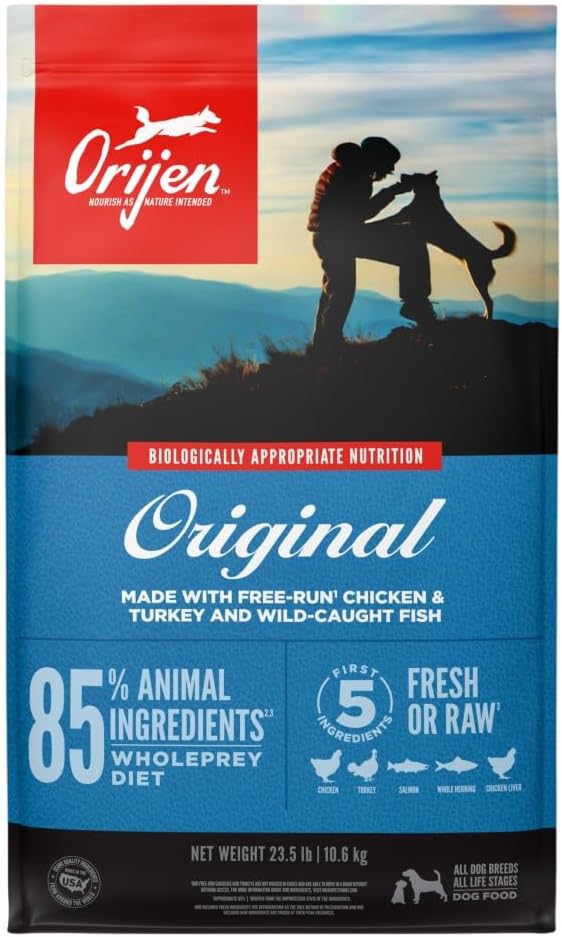
Check Today's Price on: |
|
|
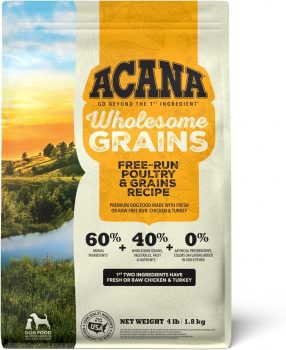
Check Today's Price on: |
|
|
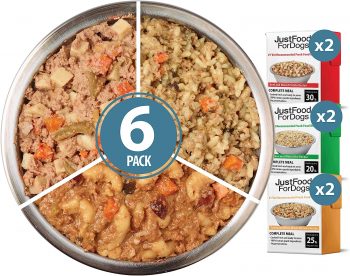
Check Today's Price on: |
|
|
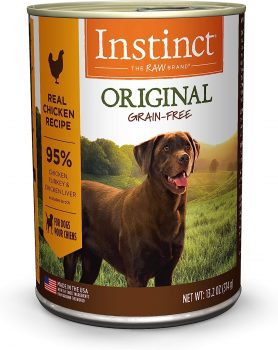
Check Today's Price on: |
|
|
Conclusion
The key to a healthy, happy Basset Hound lies in a balanced diet, regular exercise, and routine vet check-ups. By understanding your Basset’s unique needs and monitoring its weight, you can ensure it remains by your side, wagging its tail, for many years to come.
Frequently Asked Questions About Feeding a Basset Hound
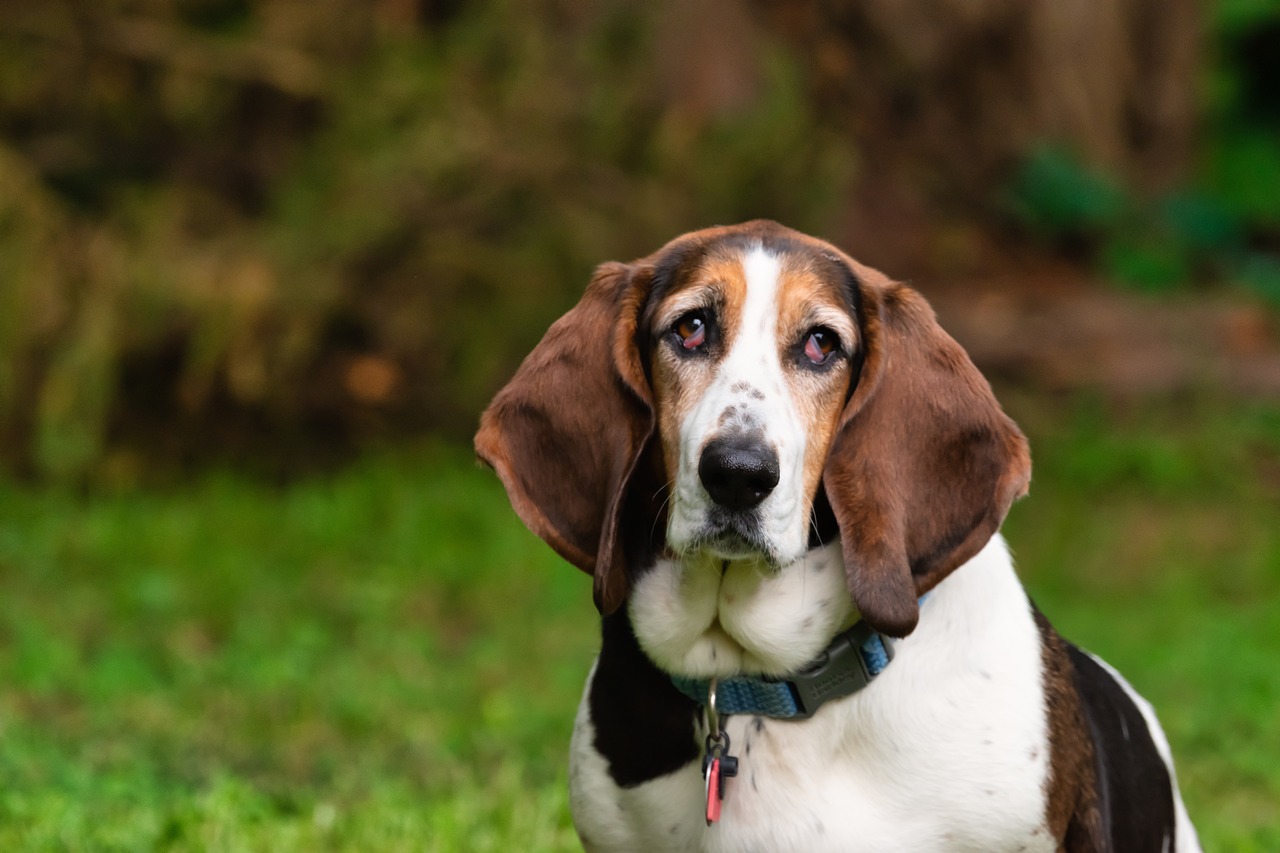
1. How many times a day should I feed my Basset Hound?
Adult Basset Hounds generally thrive on two meals a day. Puppies, due to their rapid growth and higher energy requirements, should be fed three to four times daily. This schedule not only meets their energy needs but also prevents stomach upset from overfeeding at a single time.
2. Are Basset Hounds prone to obesity?
Yes, Basset Hounds have a natural tendency to gain weight due to their laid-back temperament. Their unique body structure also puts additional stress on their spine, making it crucial to monitor their weight and prevent obesity, which could lead to spinal and joint problems.
3. Can I feed my Basset Hound human food?
While some human foods are safe for dogs, many can be toxic. It’s crucial to know which foods are safe and which are not. Always avoid giving them chocolate, grapes, onions, and anything containing xylitol. When in doubt, consult your vet.
4. How do I choose the best dog food for my Basset Hound?
Look for high-quality dog food that lists a protein source, like chicken or beef, as the first ingredient. Avoid foods with fillers, artificial colors, or preservatives. Consult with your vet for specific brand recommendations tailored to your dog’s needs.
5. Is wet food better for Basset Hounds than dry food?
Both wet and dry foods have their benefits. Wet food can be more palatable and hydrating, while dry food is better for dental health and is typically more economical. Some owners opt for a mix of both to provide variety and balance.
6. How much water should a Basset Hound drink daily?
A Basset Hound should have continuous access to fresh water. On average, dogs should drink an ounce of water per pound of body weight daily. Monitor their water intake, and if there’s a sudden increase or decrease, consult a veterinarian.
7. Should I be concerned if my Basset Hound isn’t eating?
While occasional loss of appetite can be normal, prolonged refusal to eat (more than 24 hours) can be a sign of underlying issues and warrants a visit to the vet. Always monitor for other signs of illness or discomfort.
8. Can I give bones to my Basset Hound?
While dogs naturally love chewing on bones, some can be hazardous. Avoid giving small or cooked bones as they can splinter and pose a choking hazard or internal injury. Instead, provide them with size-appropriate, safe chew toys or rawhide.
9. Are there specific nutrients Basset Hounds require in their diet?
Basset Hounds, like all dogs, require a balanced diet rich in proteins, fats, carbohydrates, vitamins, and minerals. Due to their propensity for joint issues, some owners and vets recommend supplements like glucosamine and chondroitin. Always discuss any supplements with your vet first.
10. How do I transition my Basset Hound to a new dog food?
To avoid digestive upset, transition your dog to new food gradually. Start by mixing a small amount of the new food with their current food, gradually increasing the new food’s proportion over 7-10 days until it completely replaces the old food.
 Check Today's Price on:
Check Today's Price on: Toledo, United States.
Toledo, United States.